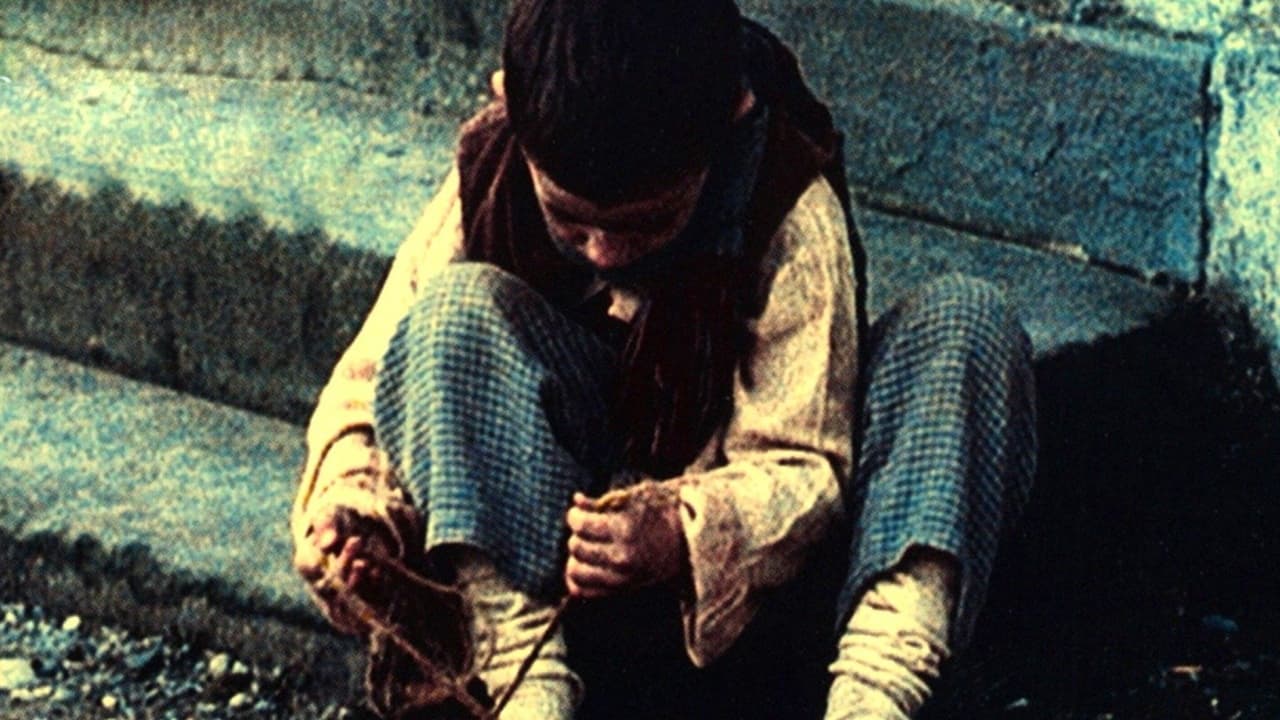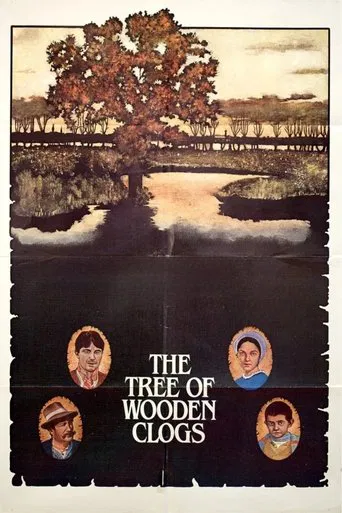Dynamixor
The performances transcend the film's tropes, grounding it in characters that feel more complete than this subgenre often produces.
Lela
The tone of this movie is interesting -- the stakes are both dramatic and high, but it's balanced with a lot of fun, tongue and cheek dialogue.
Skyler
Great movie. Not sure what people expected but I found it highly entertaining.
gavin6942
The life inside a farm in Italy at the beginning of the century. Many poor country families live there, and the owner pays them by their productivity. One of the families has a very clever child. They decide to send him to school instead of make him help them, although this represents a great sacrifice.Mike Leigh pays tribute to the film's humanity, realism, and vast scale. He called the film "extraordinary on a number of levels", before concluding "this guy is a genius, and that's all there is to it". Leigh has described Olmi's epic of peasant life in Lombardy as the ultimate location film: " Directly, objectively, yet compassionately, it puts on the screen the great, hard, real adventure of living and surviving from day to day, and from year to year, the experience of ordinary people everywhere...the camera is always in exactly the right place...but the big question, arising out of these truthful and utterly convincing performances achieved by non-actors, always remains: how does he really do it?" Mike Leigh is hit and miss as a director, but he is someone who is passionate about film, especially little-known and independent films. His support of this film makes it all the more worth seeing. Already it is a good tale, an epic tale, and outside the box of what you expect from Italian cinema. Olmi is not a giant in the cinema world, but maybe that is a mistake -- if you can be a "giant" with one or two great films, surely Olmi should be considered?
Mauro P.
I'm Italian and I grown up with the charming stories of my grandparents, about the works in the countryside, the long walks for go to school and to the church, the frugal diet, the attempts of cheat to the bailiff (il fattore) and to the owner (il possidente), the killing of the pigs (la pista, that I saw more times in my childhood), the meeting between young men and women... this movie is a perfect reconstruction of their stories. I have some books too, written by old men and women of my region lived at the beginning of the century, and all the scenes in this masterpiece are written in these books. Some scenes could seems cruel to the eyes of a citizen, and the seven minutes where you can see the killing of the pig would be impossible to make in this century (the animalists would became crazy), but this is history, and make more sweet the history doesn't have sense. This is the history of Italy, history that you can find yet in some part of the peninsula, and watching "L'albero degli zoccoli" can help you in understanding better my country. It isn't an action movie, and if you are looking for sci-fi or action be aware that even a masterpiece like this one could be boring to wrong eyes.
Semi-evolutionary
This is a really beautiful film. I am neither Italian, nor Catholic (nor even religious at all in the usual sense) but found this to be wonderful and involving. (I know Italy, and love it, though.) Taking place in around the turn of the previous century, the simple life of farming tenants on a lord's estate is portrayed with great charm and simple respect. You get a fascinating look at what to us now of course seems a backward combination of ancient religious myths and medieval magic, all believed in the hope of a better life in what is a difficult existence. Yet there is a hint of the modern world to come in the distant shouts and arrests of political activists glimpsed to the side, who are advocating a more fair economy, and less dependence on outmoded beliefs. The warm and dignified life of the loving families is quite believable, and no need to judge the comforts they cling to. In terms of length an pacing, it takes its time, it is true, but it is really worth it. A sort of living demonstration of the enduring human spirit, and the passing of time and history---even as old ways are dimly remembered and treasured for their sentiment.
Andres Salama
This three hour movie about the lives of a group of peasants in Northern Italy in the late 19th Century is probably a masterpiece, but is also one of the most conservative movies I have ever seen. Made with a cast of amateur actors, it's a brilliant movie alright, but Olmi's social conservatism is very hard to swallow. In a way, his position seems even more backward than the Catholic Church: while today's Church gives at least some lip service to the idea of redistribution of wealth, Olmi's ideology might be best described as favoring the medieval concept of social immobility: peasants will always be peasants, the Church will look after them as long as they remain faithful to it, but they should never rise against their masters. The landlord is a horrible person (expelling a peasant from his property for felling a tree in order to make the shoes of the title for his little child) but amazingly this never seems to cross the mind of the peasants, who accept their destiny stoically. Another thing I didn't like: the movie features two scenes where animals are slaughtered (apparently for real, and graphically). Without being an extreme supporter of animal rights, I don't think this was necessary. I believe that no piece of art is worth killing an animal.

